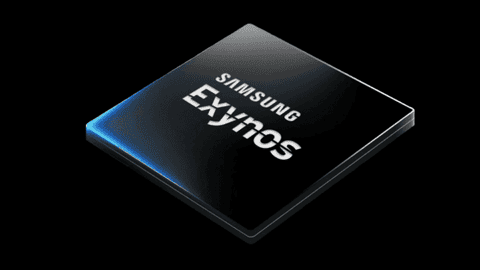Samsung is considering a partnership with TSMC (Taiwan Semiconductor Manufacturing Company) to produce its Exynos processors. This comes from a report by insider Jukanlosreve. If true, it marks a major shift in Samsung’s strategy. The company aims to improve the performance and efficiency of its Exynos chips, which have struggled against top rivals like Apple and Qualcomm in recent years.
Samsung Looks to TSMC for Better Exynos Chip Production
Exynos chips have also lagged behind MediaTek in several key areas. One common factor among these competitors is their use of TSMC for manufacturing. TSMC is a leader in semiconductor production, known for its high-quality and efficient processes.
In chip manufacturing, the yield rate, or the percentage of defect free chips, is crucial. A higher yield rate means fewer defective chips, improving efficiency and reducing costs. Here, Samsung faces challenges, especially with its 3 nm process technology. Reports show Samsung’s current yield rate is below 20%. In contrast, TSMC achieves over 80%, nearing 90%. This large gap highlights Samsung’s issues in chip production, making a switch to TSMC a potential solution.
Samsung’s System LSI division, which designs the Exynos chips, operates separately from Samsung Foundry, the division responsible for manufacturing them. This separation could make it easier for Samsung to outsource Exynos chip production to TSMC. By partnering with TSMC, Samsung hopes to improve the quality and competitiveness of its processors.
Also, a move to TSMC would allow Samsung to focus more on design, leaving the manufacturing to a proven expert. TSMC’s advanced technology and high yield rates could help Samsung boost the performance and reliability of Exynos chips.
Insider Jukanlosreve, known for accurate leaks — such as early photos of the Galaxy Z Flip5 and details of the Exynos 2400 — shared this information. If Samsung decides to go forward with this partnership, it could mark a significant turning point. By working with TSMC, Samsung aims to close the gap with competitors like Apple, Qualcomm, and MediaTek, making its Exynos chips a stronger contender in the market.
